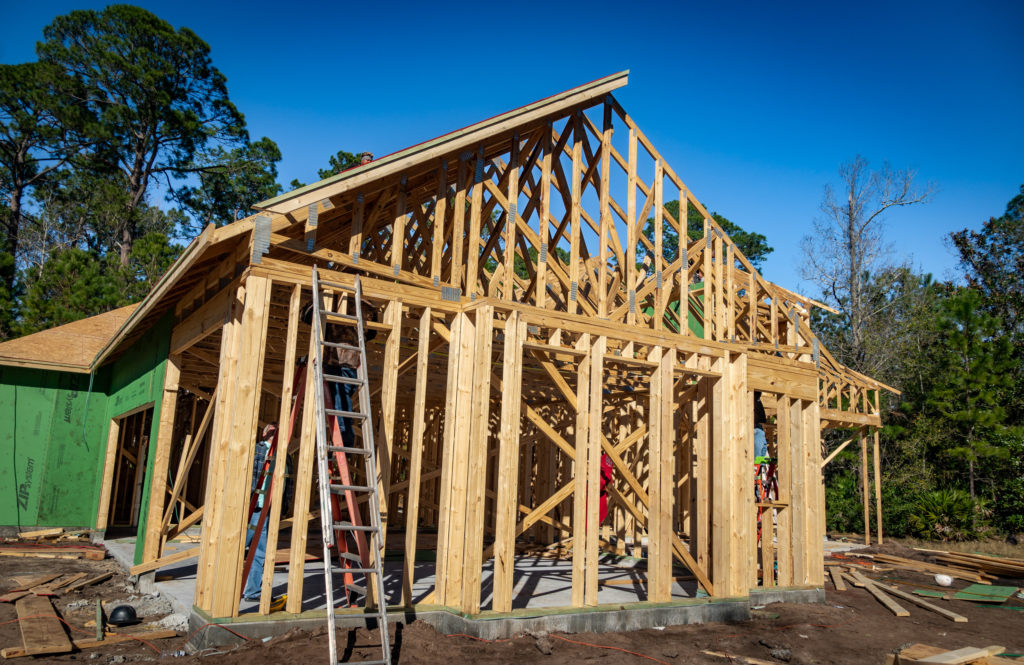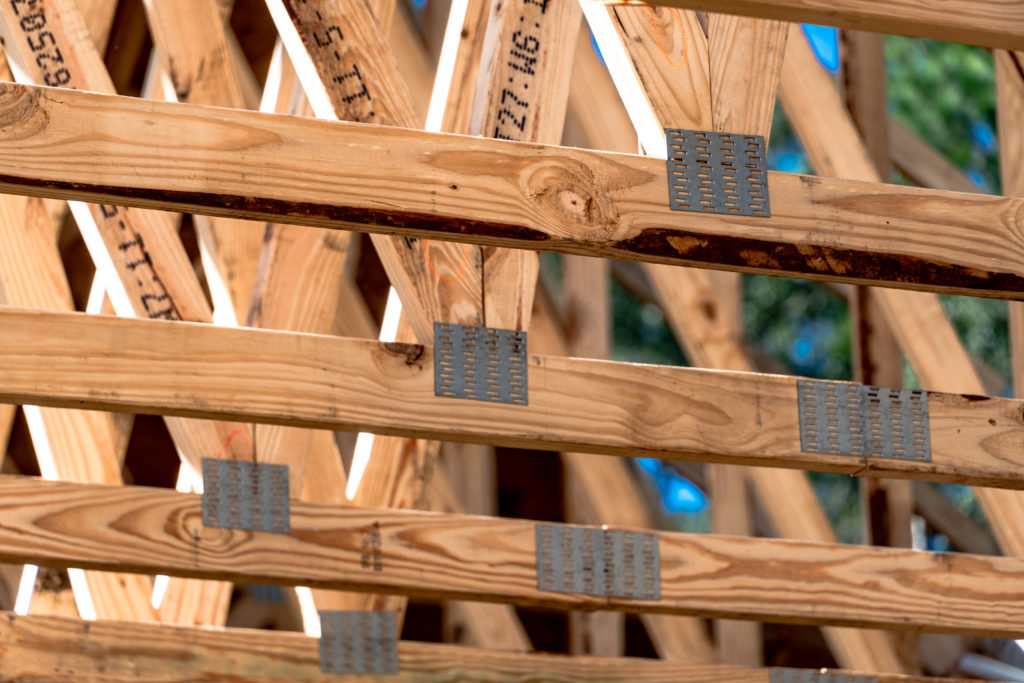Home » Difference Between a Delegated Engineer and a Structural Engineer?
With project timelines extending and construction costs rising, it became clear that the structural engineering industry needed to adapt and change strategies to help remedy these issues. That is where delegated engineering came in. Rather than the structural engineer designing all the structural elements themselves, a structural engineering firm like Russell Rowland works with delegated specialty engineers. But what are a delegated engineer’s duties versus a structural engineer’s? How does this relationship work? Who has technical authority for what?

What is the Difference?
Structural engineers such as those who work for Russell Rowland, serve as the Engineer of Record (EOR). The EOR is responsible for the overall design of the building structure including the foundation, wall, roof, and floor systems. They are the ones in charge of coordinating and overseeing the structural design process and integrating all structural elements into the overall design. Their plans provide guidance on how to build the structure and serve as the Engineering Documents Prepared for Public Record (Construction Documents). These plans are required to be signed, sealed, and dated by the EOR. However, it is commonplace for secondary elements to be designed by a specialty engineer.
Delegated engineers are responsible for the design of individual structural elements. These will often be catered to the engineer’s specialty and that is why they are also called specialty engineers. Delegated aspects can include prefabricated wood trusses, precast concrete members, steel joists, prefabricated stairs, railings, and more. Their plans are considered Structural Submittals meaning they provide fabrication instructions and installation guides of standard products for the single structural element. These plans must be developed based on the engineering requirements provided by the EOR.
Why Do We Delegate?
It improves the performance of delegated structural elements and decreases project risk as well. Passing design responsibilities to a specialty engineer allows for flexibility, as proprietary materials can be added to the project without having to complete multiple design options in the Construction Documents. Many times, the delegated engineer will change parts of their design of the structural elements within the scope of the engineering requirements provided by the EOR to fit their methods, therefore decreasing construction costs. Delegating also helps increase the efficiency of the design because each engineer has become a specialized expert in their own area, the EOR at the overall design of the structural system and the delegated engineer at the design of their structural element.

Mitigating the Risk of Delegating Design
Every time the EOR delegates an engineering task, a new layer of responsibility and potential liabilities is created. The EOR is technically responsible and liable for the overall structural system of the building, and the delegated engineer is technically responsible and liable for their own structural element. The greatest risk is that both designs will not properly integrate. This is why the EOR and designated engineers need a great working relationship and extensive coordination to ensure their designs properly align. The EOR must review and stamp approval on all specialty-designed structural elements.
Russell Rowland provides truss coordination services on the front end of projects to help elevate this issue before the building process begins. We send design criteria, codes, and loads on the front end. Once completed, the plans of delegated engineer are reviewed before the full engineering plans of the project are completed to eliminate potential conflicts. This reduces delays in the construction timeline from having to resubmit plans and inspection issues. To prevent this, communication is key. Talk to the design team in advance about the delegated design process and what it will look like. This reduces the risk of conflicting design issues down the road.
Russell Rowland has been the EOR for countless residential and commercial projects and has decades of experience working with delegated specialty engineers. Being able to delegate is crucial for the structural engineering industry as costs continue to increase. When working with Russell Rowland, all appropriate cost savings and risk-reducing measures are used to ensure client satisfaction.
For more information on delegate engineers, view the Florida Board of Professional Engineers clarification.